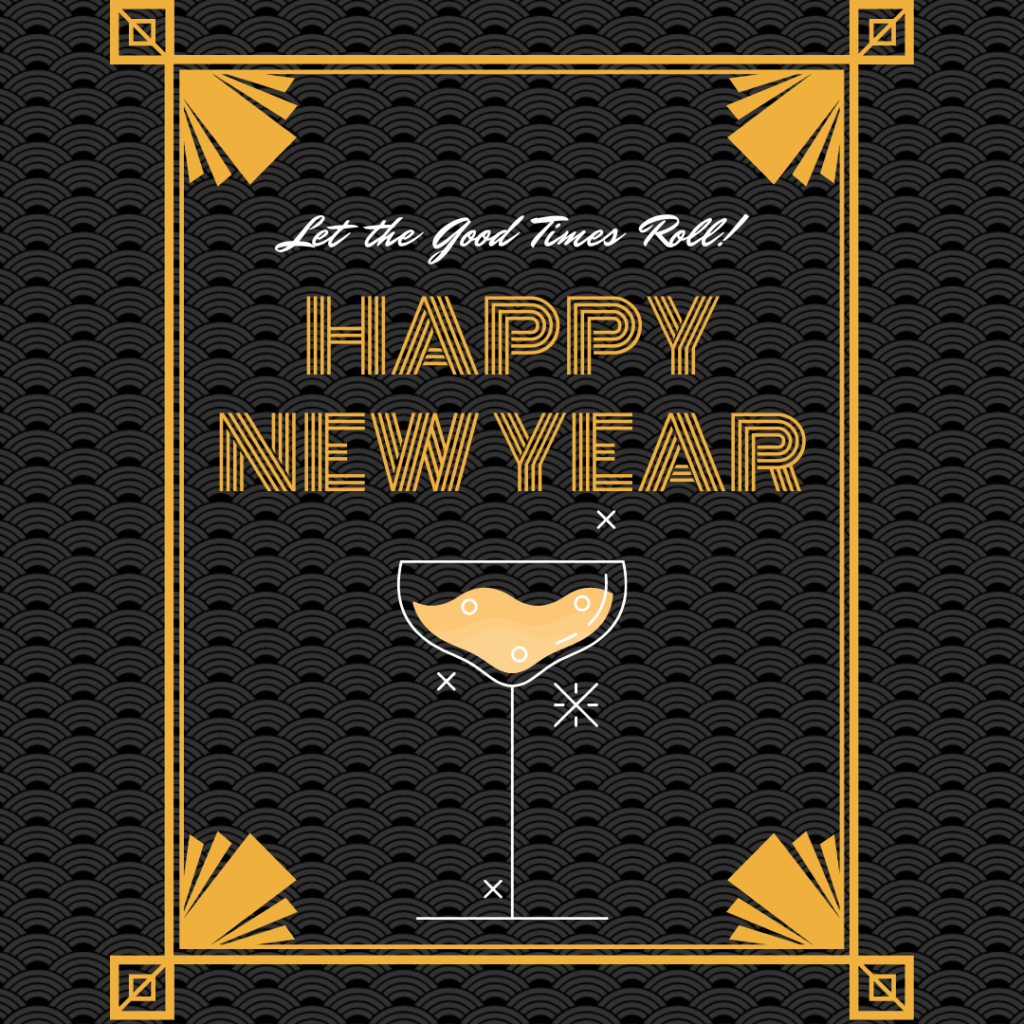Created January 26th, 2021
Take Advantage of your Permission for Creativity
Everyone had been waiting to see what President Biden was going to say to Russia and to China. I wrote this piece below a few days before President Biden had his first call with President Putin. I wrote:
I hope he and his Team are savoring the moment: they have a chance to make a fresh start.
“In Action, Watch the Timing”
—Lao Tzu
Also, there is no rush in certain things. Better to have more time to deeply think and discuss.
There would be no harm in considering a Socratic approach:
- Being friendly
- Respectful and with dignity and humility
- Asking questions relevant to the future direction of the world
- As a collaborator
- In the same lifeboat Earth together
- And with a degree of power
- What to do with each other that both will like
This is a more balanced approach than “Love your enemy” but they are both brilliant (being Socrates and Jesus) and can be embraced together.
When one feels that an attempt is being made to manipulate you, dial back on the Jesus and up on the Socrates; at all other times, let your own intuition guide where to set the dial in collaborating with someone who might more accurately be described as a rival.
Now that we know all about the call, my prayer above was answered. The two have made a business-like fresh start, just as I had hoped.
This is The Moment of Reset.
We are not likely to live through another time like this one, the spacetime continuum itself is up for a bit of innovation. You are invited to be creative now. Savor the opportunity and follow your dreams.
It is possible now to change the way the world thinks so that the word “enemy” becomes passé.
Nations and corporations are two versions of the same thing: autonomous groupings of people seeking specific real-world outcomes.
Sane CEOs do not think of competitors as enemies, they think of them as competitors, i.e., rivals.
The same should be true of sane Presidents.
And rivals can enjoy coopetition and being frenemies, and all of the other variations of gradually migrating to partners.
Competition Has the Best Effects When It’s Friendly
Adam Smith made a profound impression upon the world and shaped modern Capitalism. Our American Founders took very seriously the importance Smith placed upon competition in a free market.
In high school at times it seemed the boys were all competing to see who could feel best about himself.
We all love sports and every other form of competition you can imagine – including for some of us, war.
Cancer is a natural form of competition among cells in the same body/mind/spirit.
So, competition can be very, very good, or it can be very, very bad, or in the middle somewhere.
We can choose our kind of competition to be one that’s compatible with partnership. And along the way let’s take our time (Sinatra singing “Nice and Easy”) by going through all the steps of frenemies, coopetitionists, and finally partners.
This is the Meaning of the Moment now.
But let’s zoom back – the moment is always changing. What I’d like to share with you is not just about this moment, but about how you can yourself read the meaning of every moment in which you are involved.
It’s all about Observation. The Observer state.
I can be more specific by using a few quotes from MIND MAGIC:
“Opening the senses. Seeing more of what is.”
“Imagine what you look like;
imagine that a mirror which only you can see exists on the far wall.
Do not get so involved in your task or role that you cannot see yourself in this mirror.
Catch your facial expressions and hand gestures,
body movements and so forth in this mirror,
and ask yourself
why you have created these manifestations.”
“Count the feel of a situation more important than the look.
Remember that the pervasive becomes invisible.
What is motivating each entity in this situation?
How might this have gotten started?
How might I turn this to everyone’s advantage?
Pose the right questions.
Do not screen out or rephrase statements to yourself which utilize models other than the scientific/materialistic.
Why did that happen?
What is it trying to tell me?”
These are words out of my book MIND MAGIC. The chapter quoted above is Chapter 6, “Opening the Senses”. These links are free during the pandemic, one to the book itself, and the other to Chapter 6. I hope you enjoy, and can sense the change in yourself, and begin to observe more closely the meaning of each moment in your life.
All my best,
Bill
Follow my regular media blog, In Terms of ROI at Media Village. Here is the link to my latest post.

